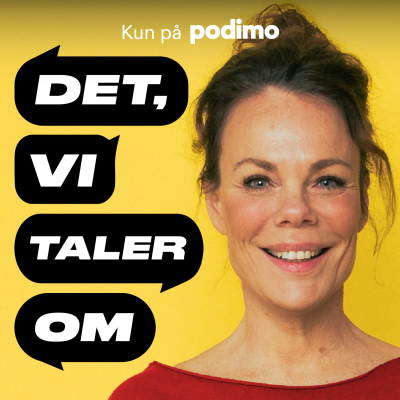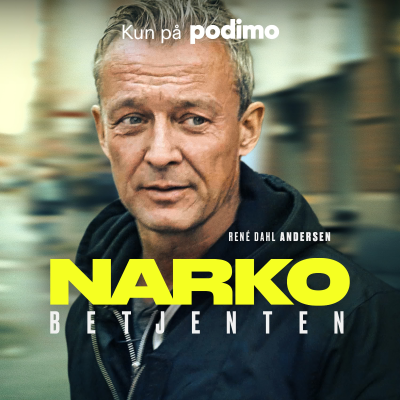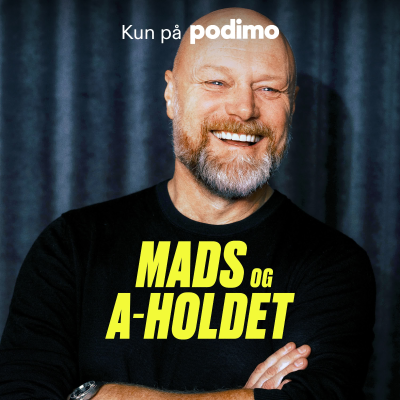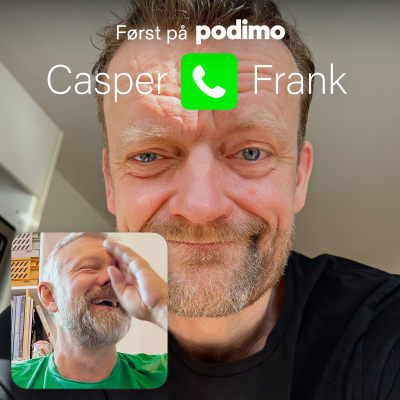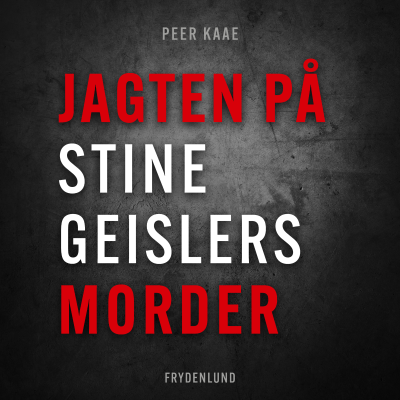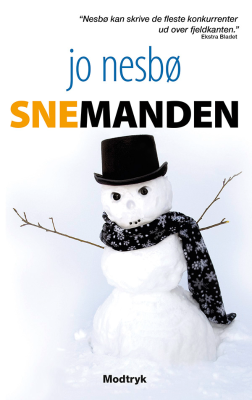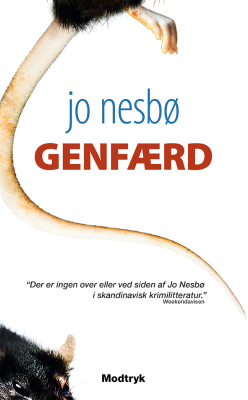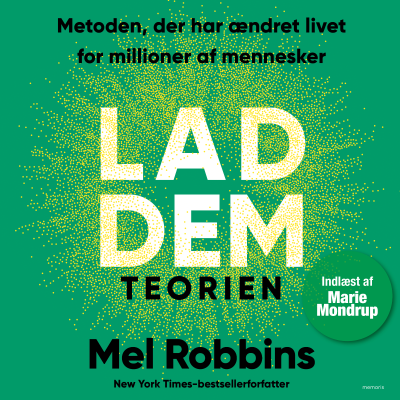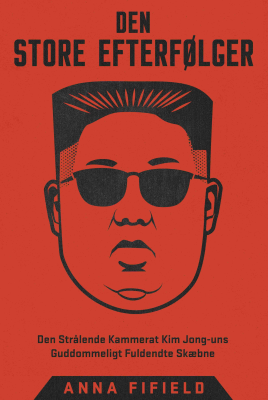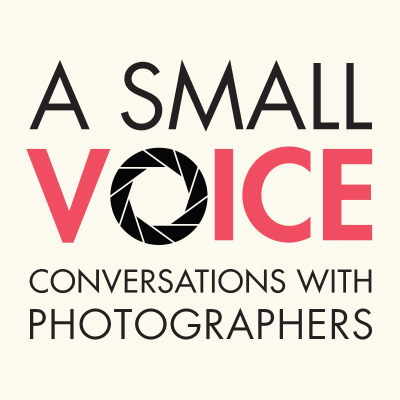
A Small Voice: Conversations With Photographers
Podcast af Ben Smith
Begrænset tilbud
1 måned kun 9 kr.
Derefter 99 kr. / månedIngen binding.

Mere end 1 million lyttere
Du vil elske Podimo, og du er ikke alene
Bedømt til 4,7 stjerner i App Store
Læs mere A Small Voice: Conversations With Photographers
Fortnightly in-depth interviews featuring a diverse range of talented, innovative, world-class photographers from established, award-winning and internationally exhibited stars to young and emerging talents discussing their lives, work and process with fellow photographer, Ben Smith. The most recent 50 episodes are on this free feed, 200+ more are in the archive! TO ACCESS THE FULL ACHIVE OF PAST EPISODES + SPECIAL EXCLUSIVE CONTENT, BECOME A MEMBER FOR £5 PER MONTH!
Alle episoder
269 episoderMike Brodie’s first monograph, A Period of Juvenile Prosperity [https://www.twinpalms.com/products/mike-brodie-a-period-of-juvenile-prosperity] was published by Twin Palms more than a decade ago in 2013, depicting his fellow rail-riders and drifters in a rebellious and wildfire pursuit of adventure and freedom. “Brodie leapt into the life of picture-making as if he was the first to do it,” Danny Lyon wrote about the book in Aperture. Next came Tones of Dirt and Bone [https://www.twinpalms.com/products/mike-brodie-tones-of-dirt-and-bone], a collection of earlier SX-70 pictures Brodie made when photography first led him to hopping freights, when he was known as “The Polaroid Kidd.” And then Brodie seemed to disappear from the art world as suddenly and mysteriously as he’d first appeared. Maybe his vanishing was another myth. Maybe it was just a necessary retreat. “I was divorcing myself from all that,” he says. “I was growing up. I was pursuing this other life.” In Nashville he became a diesel mechanic. Fell in love. Moved across the country again. Got married. Bought land on the long dusty Winnemucca road Johnny Cash sang about. Started his own business. Built a house. Put down roots. And when that life exploded, the open road called again. Throughout almost all of it, his cameras were with him, and at last those pictures are coming to light. If Michael Brodie’s first monograph was a cinematic dream, his latest, Failing [https://www.twinpalms.com/products/mike-brodie-failing], again published by Twin Palms in 2024, is the awakening and the reckoning, a raw, wounded, and searingly honest photographic diary of a decade marked by love and heartbreak, loss and grief — biblical in its scope, and in its search for truth and meaning. Here is the flip side of the American dream, seen from within; here is bearing close witness to the brutal chaos of addiction and death; here are front-seat encounters with hitchhikers and kindred wanderers on society’s edges, sustained by the ragtag community of the road. Failing often exists in darkness but is tuned to grace. Brodie’s eye stays forever open to the strange and fleeting beauty that exists in forgotten places — the open country and the lost horizons that sweep past dust-spattered windows in a spectral blur. Mike worked on and features in a recently released hour long documentary eponymously entitled Slack, the nickname of his one time girlfriend, Mia Justice Smith [https://www.instagram.com/ethereal.wraiths/], who sadly died of a drug overdose, and to whom the film is dedicated. The film, which is directed by Mike’s friend and collaborator Cyrill Lachauer [https://www.cyrilllachauer.net]., revisits the freighthopping years and delves into Mike's creative collaboration with Mia. In episode 266, Mike discusses, among other things: * The documentary he helped to make about his freighthopping years - Slack * How train hopping and photography went hand in hand * Romanticism vs. misery * Train hopping as a performance * Losing his girlfriend, Mia Justice Smith [https://www.instagram.com/ethereal.wraiths/], to a drug overdose * His attempt at a ‘normal’ life and how that impacts his creativity * The success of A Period of Juvenile Prosperity [A Period of Juvenile Prosperity] and its downside * How the title came about * The darkness of the pictures in latest book, Failing [https://www.twinpalms.com/products/mike-brodie-failing] * Tussling with the question of exploitation and ethical responsibility * Ambitions to make a feature film one day * The ongoing push/pull of art v. home life * The desire to photograph machines and ways of life and ways of working that are passing away * Next steps in the USA - projects vs. photographing life Website [https://www.ridindirtyface.com] | Instagram [https://www.instagram.com/mikebrodie_thepolaroidkidd/] Become a A Small Voice podcast member here [https://a-small-voice-conversations-with-photographers.pod.fan] to access exclusive additional subscriber-only content and the full archive of 200+ previous episodes for £5 per month. Subscribe to my weekly newsletter here [https://asmallvoicepod.substack.com] for everything A Small Voice related and much more besides. Follow me on Instagram here [https://www.instagram.com/bensmithphoto/]. Build Yourself a Squarespace Website video course here [https://bensmithphoto.com/course].
Merlin Daleman (b.1977) is a British photographer who has spent most of his adult life living in the Netherlands. He attended South Devon College, Torquay, the University of Central England (now Birmingham City University) in the UK, and graduated from The Royal College of Art in The Hague, the Netherlands. He works as a freelance documentary photographer for leading Dutch publications, including NRC Handelsblad, Dagblad Trouw, Financieel Dagblad, and De Groene Amsterdammer. He is the recipient of awards including the Silver Camera awards for Documentary Photography in the Netherlands in 2008 and 2010 and had received grants from the EU Journalism Foundation Grant and the Robert Bosch Foundation Fellowship. His debut photobook, Mutiny, published by GOST Books in August 2025, builds on his long-term projects, such as the new black lung epidemic in Kentucky, USA and exploring the lives of families separated by labour migration in Ukraine. In episode 265 Merlin discusses, among other things: * How the Mutiny project came about * How he funded it and set about shooting it * Some of the stories behind images in the book * Black lung story in Appalachia * How a major motorycle accident helped his photography Website [https://www.merlindaleman.com] | Instagram [https://www.instagram.com/merlindaleman/] Become a A Small Voice podcast member here [https://a-small-voice-conversations-with-photographers.pod.fan] to access exclusive additional subscriber-only content and the full archive of 200+ previous episodes for £5 per month. Subscribe to my weekly newsletter here [https://asmallvoicepod.substack.com] for everything A Small Voice related and much more besides. Follow me on Instagram here [https://www.instagram.com/bensmithphoto/]. Build Yourself a Squarespace Website video course here [https://bensmithphoto.com/course].
Eli Reed was born in the US in 1946 and studied pictorial illustration at the Newark School of Fine and Industrial Arts, graduating in 1969. In 1982, he was a Nieman Fellow at Harvard University. At Harvard’s Kennedy School of Government, he studied political science, urban affairs, and the prospects for peace in Central America. Eli began photographing as a freelancer in 1970. His work from El Salvador, Guatemala and other Central American countries attracted the attention of Magnum, he was the first African American photographer, and indeed the first person of colour, to join the agency, becoming a full member in 1988. In the same year, Eli photographed the effects of poverty on America’s children for a film documentary called Poorest in the Land of Plenty, narrated by Maya Angelou. He went on to work as a stills photographer for major motion pictures. His video documentary Getting Out was shown at the New York Film Festival in 1993 and honored by the 1996 Black Filmmakers Hall of Fame International Film and Video Competition in the documentary category. Eli’s special reports include a long-term study which became his first, highly acclaimed book, Beirut, City of Regrets; the ousting of Baby Doc Duvalier in Haiti (1986); US military action in Panama (1989); the Walled City in Hong Kong; and, perhaps most notably, his documentation of African American experience over more than 20 years. Spanning the 1970s through the end of the 1990s, his book Black in America [https://www.magnumphotos.com/arts-culture/eli-reed-black-in-america/] includes images from the Crown Heights riots and the Million Man March. In 2015, he published his first career retrospective, A Long Walk Home. Eli has lectured and taught at the International Center of Photography, Columbia University, New York University, University of Texas and Harvard University and is a member of Kamoinge [https://en.wikipedia.org/wiki/Kamoinge_Workshop], the collective of black photographers founded in 1963 and the longest continuously running non-profit group in the history of photography. On episode 264, Eli discusses, among other things: * His ongoing mentoring of former students * How working in a hospital was good prep for the kind of work he does * Growing up in the Delaney Homes housing project in Perth Amboy, NJ * How a visiting art critic gave him early encouragement at school * Losing his mum at 12 years old * The importance of certain teachers and mentors, especially Donal Greenhouse * How his project Black In America came about * Working for the San Francisco Examiner * Joining Eugene Smith’s workshop after a long wait * How Philip Jones Griffiths invited him to join Magnum * Whether he is still an optimist? * Photographing Trump * Kamoinge * A teaser about the book he is writing * Being the first person of colour to join Magnum Photos Referenced: * Jaqueline Kennedy * Roy De Carava * W Gene Smith * Bruce Davidson * Eugene Richards * Susan Meiselas * Son of Sam * Gordon Parks * Gilles Peress Become a A Small Voice podcast member here [https://a-small-voice-conversations-with-photographers.pod.fan] to access exclusive additional subscriber-only content and the full archive of 200+ previous episodes for £5 per month. Subscribe to my weekly newsletter here [https://asmallvoicepod.substack.com] for everything A Small Voice related and much more besides. Follow me on Instagram here [https://www.instagram.com/bensmithphoto/]. Build Yourself a Squarespace Website video course here [https://bensmithphoto.com/course].
Magnum legend Chris Steele-Perkins was born in Burma in 1947 to a Burmese mother and an English father, who brought him back to England when he was 2 years old. He published his first photobook The Teds in 1979 and shortly after that joined Magnum photos after an invitation to apply from none other than Josef Koudelka. He subsequently travelled all over the world, covering many of the major global conflicts of the 80’s and 90’s in between working extensively in his home country, and producing a number of books of that work, along with those from Afghanistan and later from his wife’s native country of Japan. He has won, to name but a few awards, The Oscar Barnack Prize, The Robert Capa Gold Medal and a number of World Press awards, and all that despite the fact that he doesn’t really consider himself to be a photojournalist. Become a A Small Voice podcast member here [https://a-small-voice-conversations-with-photographers.pod.fan] to access exclusive additional subscriber-only content and the full archive of 200+ previous episodes for £5 per month. Subscribe to my weekly newsletter here [https://asmallvoicepod.substack.com] for everything A Small Voice related and much more besides. Follow me on Instagram here [https://www.instagram.com/bensmithphoto/]. Build Yourself a Squarespace Website video course here [https://bensmithphoto.com/course].
Tony Dočekal (Amsterdam, 1992) is a photographer and visual artist. Her work explores identity, belonging, and the friction between autonomy and societal expectations. Working intuitively, she combines personal encounters with quiet observations. Her images balance intimacy and distance, often showing how personal stories and landscapes reflect larger systems. Tony’s first book, The Color of Money and Trees [https://void.photo/store/p/the-color-of-money-and-trees], was published by VOID in 2024 and launched at Paris Photo. The work was also exhibited at Biennale Images Vevey alongside her debut short film, Pearls on Credit. She holds a BA in Fine Arts from ArtEZ University of the Arts. In episode 263 Tony discusses, among other things: * Her Czech dad and Dutch mum’s history * Dealing with the ‘weight’ of the photographic history of the American road trip genre * The advantage of being an outsider * Getting a dream gig early on - a photobook book about alternative schools * Going to Lesbos to cover the refugee crisis * Working with the unhoused for Dutch non-profit the Sheltersuit Foundation [https://www.sheltersuit.com] * The story behind her picture of a man in a pink frilly dress… * … And the one of 9-year-old Lyric in front of a plate of beans * The short film she made * The amazing 70’s-built house she has bought with her partner Referenced: * Josef Koudelka Website [https://tonydocekal.com] | Instagram [https://www.instagram.com/tonydocekal/] Become a A Small Voice podcast member here [https://a-small-voice-conversations-with-photographers.pod.fan] to access exclusive additional subscriber-only content and the full archive of 200+ previous episodes for £5 per month. Subscribe to my weekly newsletter here [https://asmallvoicepod.substack.com] for everything A Small Voice related and much more besides. Follow me on Instagram here [https://www.instagram.com/bensmithphoto/]. Build Yourself a Squarespace Website video course here [https://bensmithphoto.com/course].

Mere end 1 million lyttere
Du vil elske Podimo, og du er ikke alene
Bedømt til 4,7 stjerner i App Store
Begrænset tilbud
1 måned kun 9 kr.
Derefter 99 kr. / månedIngen binding.
Eksklusive podcasts
Uden reklamer
Gratis podcasts
Lydbøger
20 timer / måned
